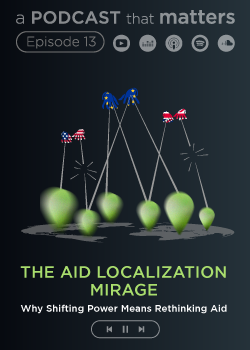Print

Between Inclusion and Re-inclusion: How to Deal with Roma Offenders (ROMA OFF-IN)
Details
Locations:Bulgaria, Italy, Romania
Start Date:Oct 1, 2020
End Date:Sep 30, 2023
Contract value: EUR 309,230
Sectors: Human Rights, Research
Categories:Grants
Funding Agencies:
Date posted:May 16, 2022
Description
Programme(s): Rights, Equality and Citizenship Programme-REC Programme 2014-2020
Topic(s): REC-RDIS-DISC-AG-2019
Type of action: REC Action Grant
Funded under: Rights, Equality and Citizenship Programme
Project ID: 881970
Objective: Among all Roma discrimination related fields of study, the one concerning offenders’ re-entry and social reintegration is the most neglected. Nonetheless literature is rich in demonstrating that different groups of prisoners experience re-entry in a specific way. There is no study available regarding how Roma experience reentry or desistance. Little is known about these groups although their involvement with criminal justice was long time acknowledged. One source of information comes from a recent study conducted in Norway and Romania. Drawing from the conclusion of this study and in order to fill in this gap, we intend to map re-entry and social reintegration processes, as well as discriminatory practices and to select the best practices for Roma female and male offenders, assessing their role in challenging and decreasing discriminatory phenomena. The project focuses on 4 main activities spread during 24 months (5 WPs): conducting a scientific research whereby the pre-release and the post-release experience are studied from an ethnographic perspective, selecting the relevant best practices for Roma offenders and identifying phenomena of discrimination. We will rely on the notion of multiple discrimination on grounds of ethnicity, gender, age, social and economic conditions and we will equate them with the social stigma deriving from imprisonment. We will test their compatibility within national social and legal contexts, making them compatible whenever is necessary in order to assure their transferability with a specially designed adjustment procedure. Finally, we will organize the exchanging of the adjusted best practices through the mutual learning of the relevant stake-holders. The project will therefore have a significant impact on Roma communities and on prison staff, social workers and lawyers. The results of the project will be a platform for future training of prison staff and social workers in implementing the selected and adjusted best practices

